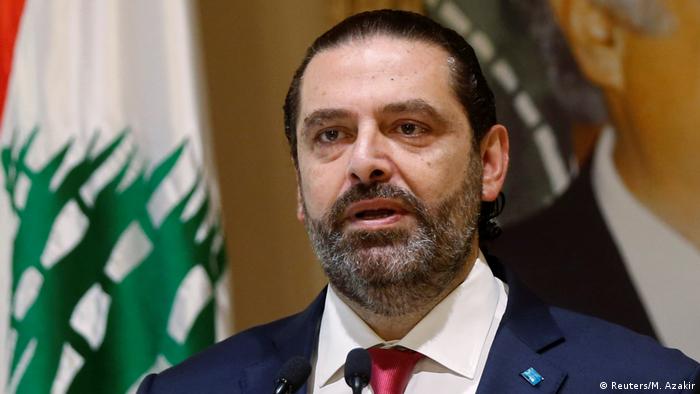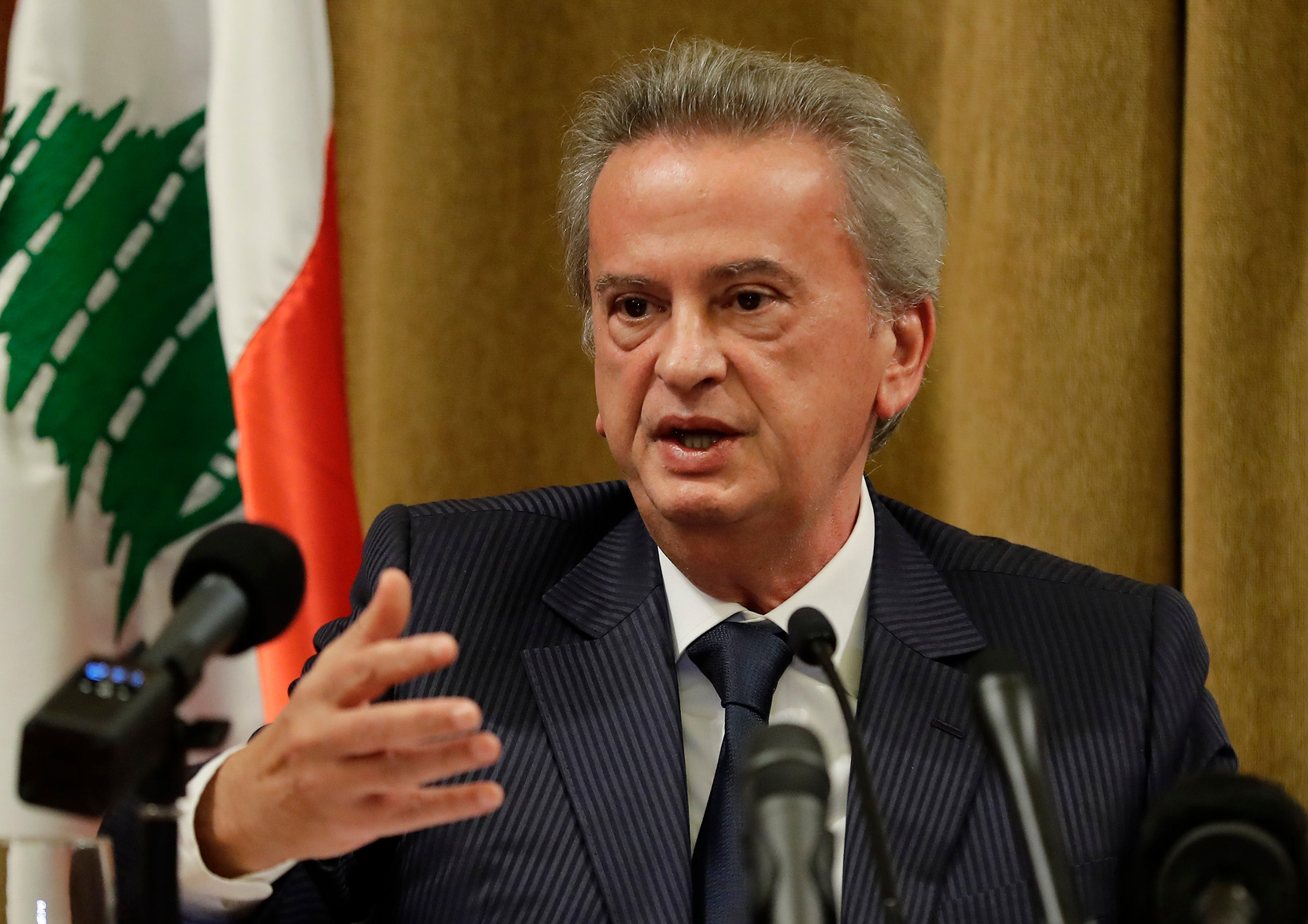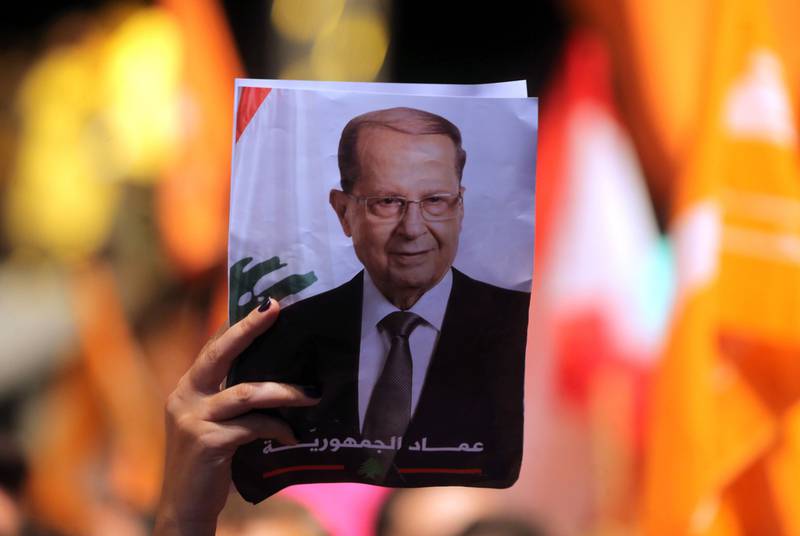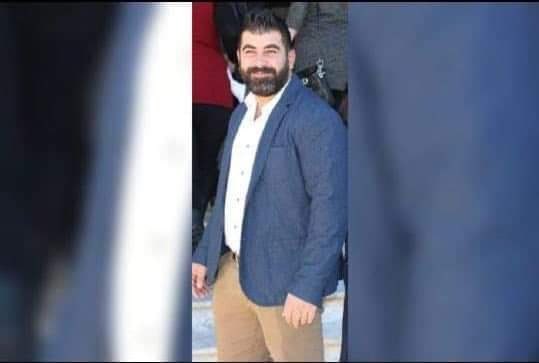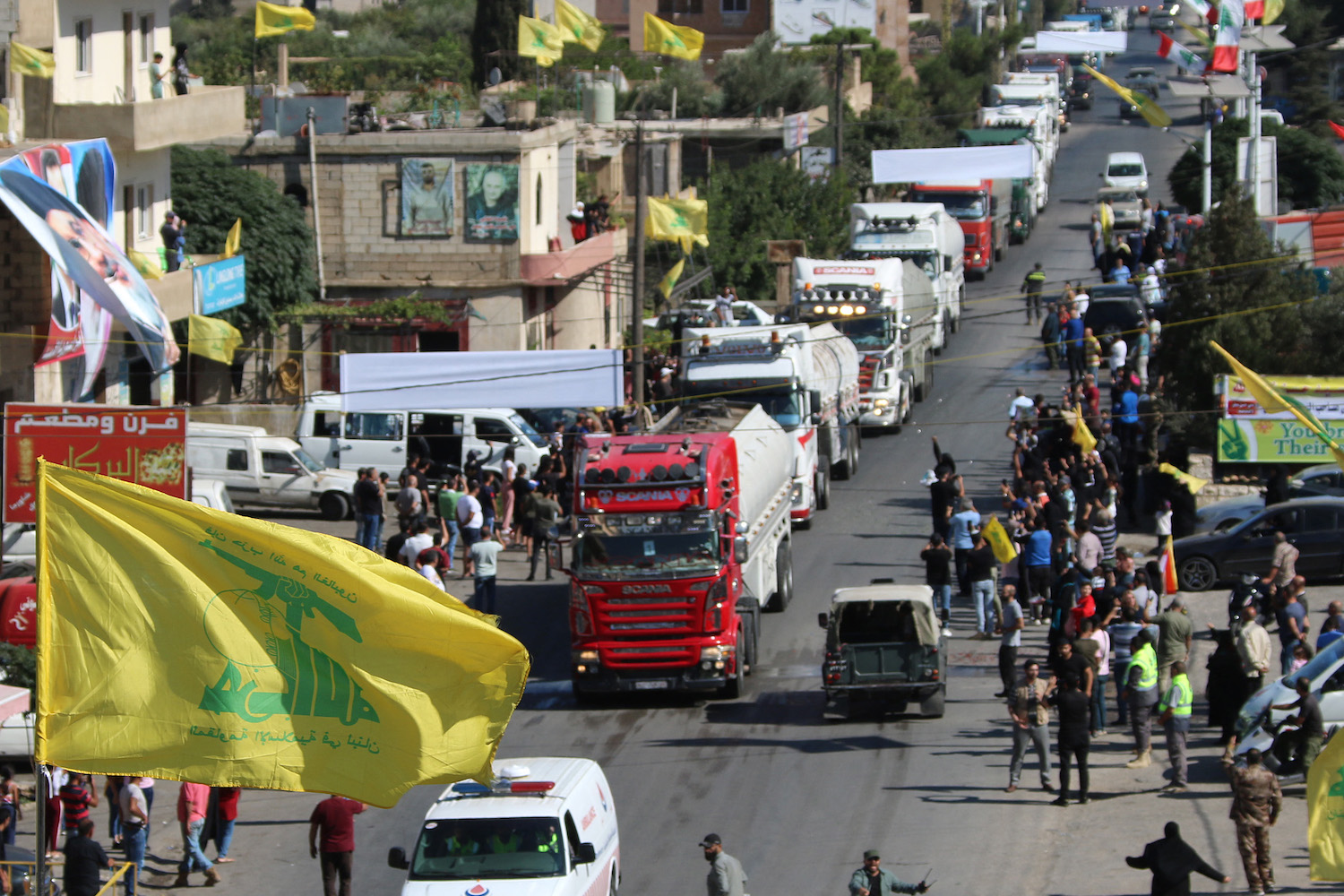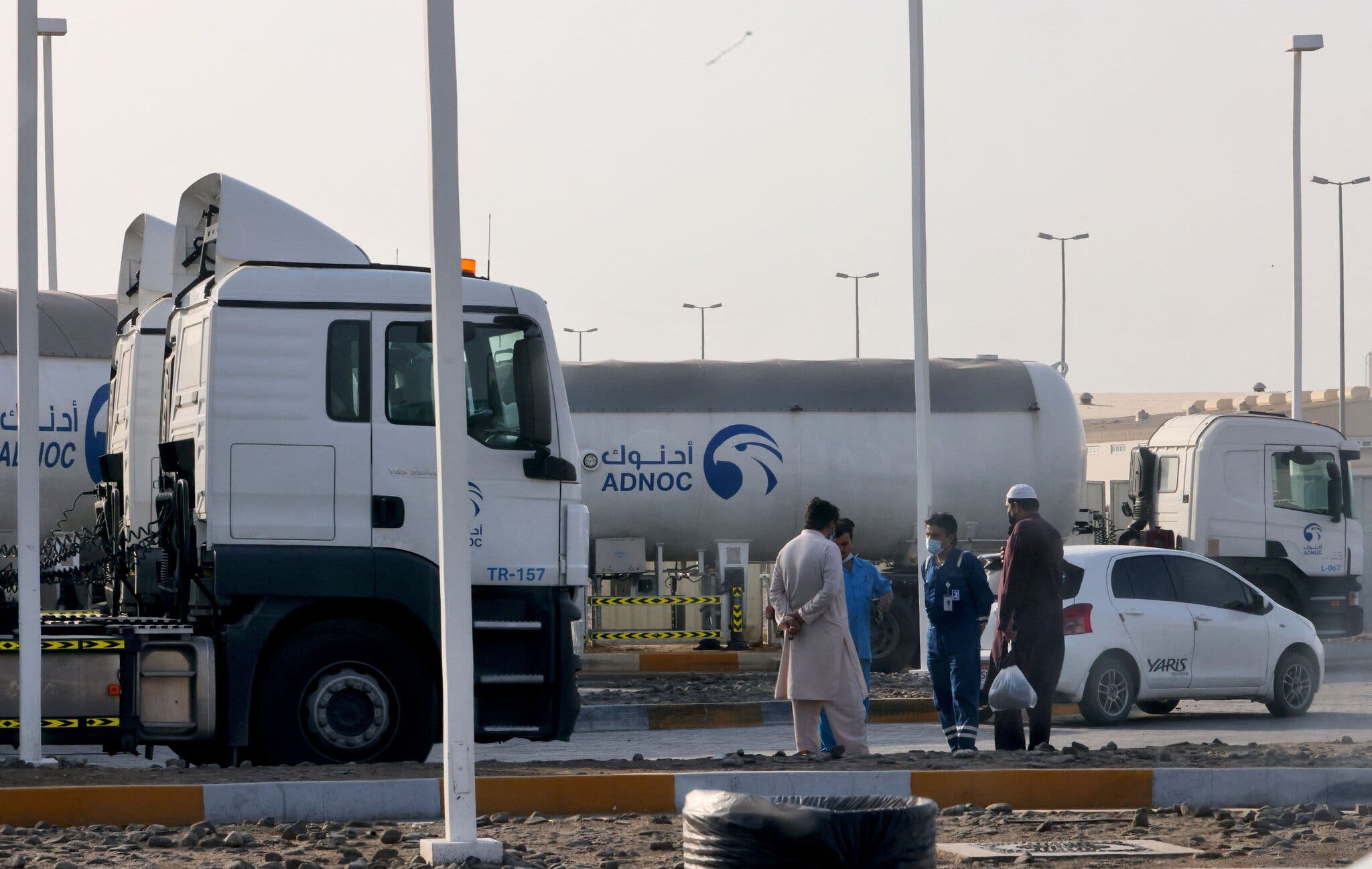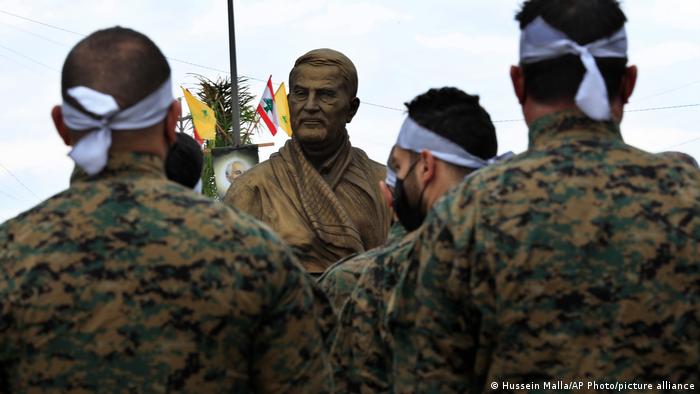
BEIRUT, Lebanon, By Dalal Saoud – upi.com — (UPI) — Lebanon’s financial collapse, which has pushed large segments of the population into poverty, has also seen growing anger against the powerful Hezbollah, with more voices openly blaming it for the ongoing crisis and for its allegiance to Iran. Hezbollah’s attempts to distinguish itself from the ruling corrupt political class, counting on its reputation as a resistance group that forced the withdrawal of Israeli occupying forces from south Lebanon in 2000 and battled the Islamic State in Syria, are no longer convincing to many, even to once loyal supporters. The group’s growing dominance in internal politics, engagement in regional wars and in thwarting the 2019 popular uprising is tarnishing its image as the nation’s defender, critics say. With a freezing winter, a continued 22-hour-a-day power cut, lack of diesel fuel and medicines coupled with exorbitant food prices, priorities are shifting to feeding the family, keeping warm, securing medical treatment or simply making ends meet.
U.S. sanctions 3 Lebanese businessmen, tourism company for aiding Hezbollah The poverty rate has nearly doubled — from 42% in 2019 to 82% in 2021, according to the United Nations Economic and Social Commission for Western Asia. Over two years, the national currency has lost 90% of its value while the country witnesses a dramatic collapse in basic services, an unemployment surge and closure of businesses. Not spared from the hardship, complaints within Hezbollah’s own community are not hidden anymore. “More and more people are expressing their discontent openly,” said a Shiite woman, in her 60s from the Baalbeck region, a Hezbollah stronghold in eastern Lebanon with the highest number of the group’s fighters killed in the Syria war. “They live day by day and are busy securing the basic things, like bread and diesel fuel.”
